News
Hydrate Calves with Immu-Lyte Black Label
Water intake is important for calves. When the weather heats up water intake becomes critical to help the calf regulate body temperature, transport nutrients, and for immune function. When it is really hot, just water may not be enough to keep calves growing, gaining, and healthy...
Connecting with Consumers - Interview with Emily Matzke
Emily and her boyfriend raise between 50-75 calves on auto feeders at one time depending on the time of the year. About ¾ of the calves are Holstein bull calves and ¼ of the calves are Holstein Wagyu crosses that are sourced from local dairy farms. In addition to cattle, they raise cash crops and have a grain facility...
Celebrating Earth Day: Nurturing Animals, Nurturing Our Planet
As we celebrate Earth Day, it's crucial to reflect on the interconnectedness of all life on our planet. At MicroBasics, we understand that the well-being of animals and the health of our environment go hand in hand. That's why we're committed to providing sustainable solutions for animal health while minimizing our ecological footprint...
What Does It Mean To Do A Really Good Job Raising Calves? - Interview with Bob Hostetler Calf and Heifer Specialist
This week I am excited to be summarizing an interview I did with someone who I consider a very good friend and mentor! His name is Bob Hostetler. Over the span of his career Bob has worked as a Dairy Nutritionist and a Life Coach...
Pathogenic E. coli Infection - Damage to Intestinal Barrier and Compromised Immune Function
Calf diarrhea has long been considered as one of the most serious diseases in both the dairy and beef industries. A single case of calf scours is estimated to cost upwards of $50 per calf. Bacterial diarrhea accounts for approximately 30% of calf diarrhea, and pathogenic Escherichia coli (E. coli) is the most common cause of bacterial diarrhea. In addition to damaging the intestinal lining, E. coli produces endotoxins that can lead to rapid death...





